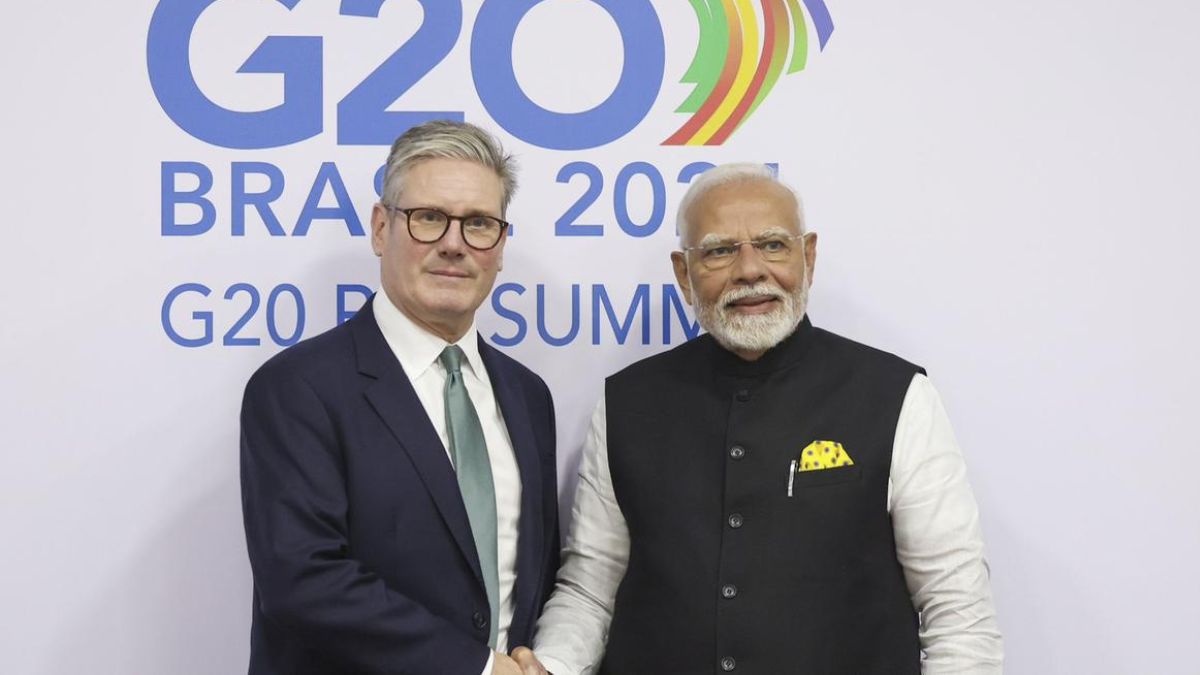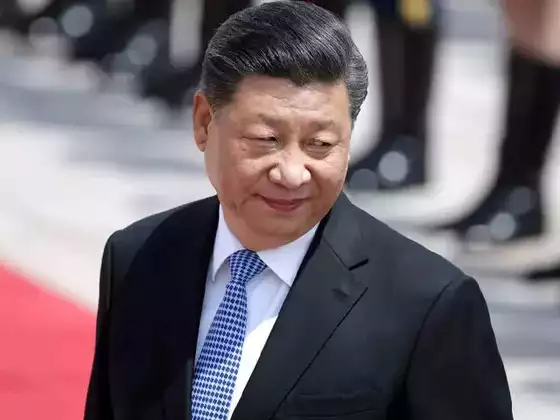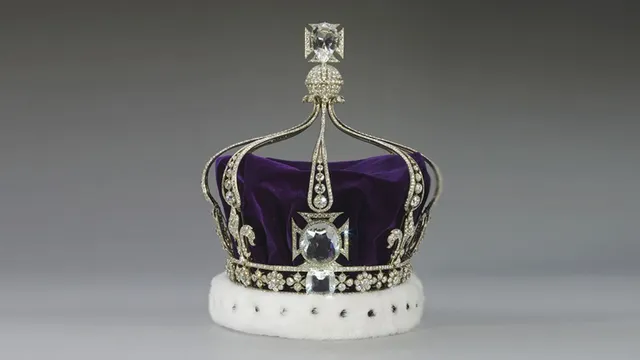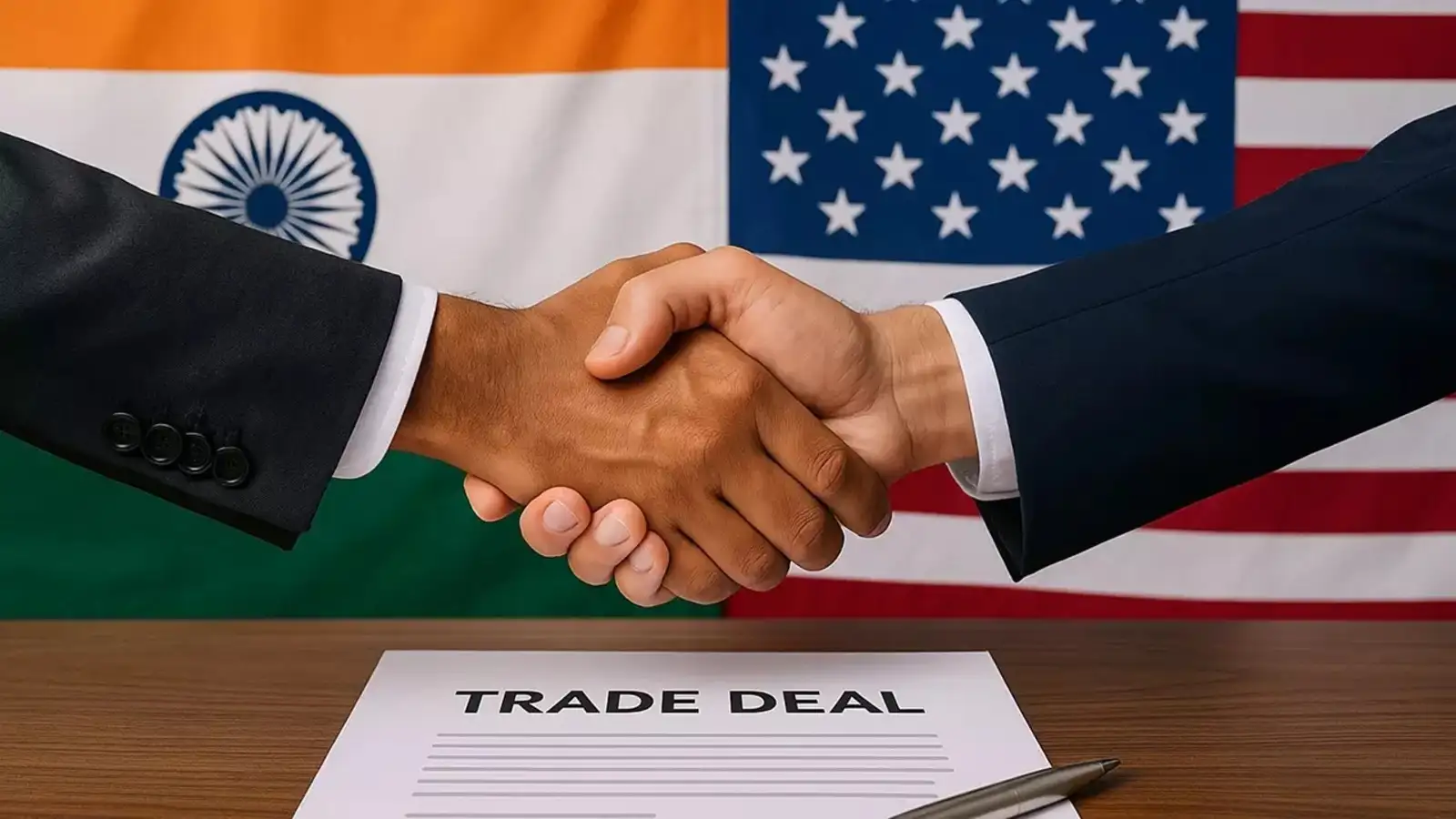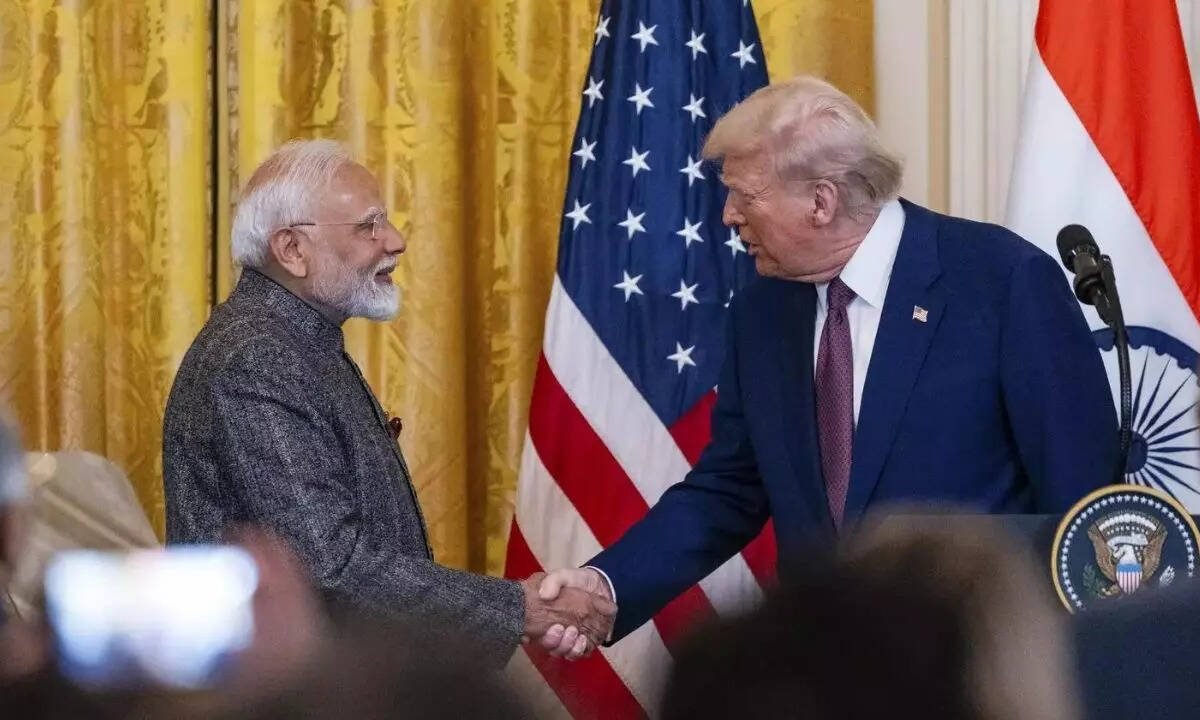With the India-UK FTA now signed, both nations are expected to experience enhanced economic cooperation and stronger strategic ties, paving the way for a new era of mutual growth
India and the United Kingdom have officially concluded negotiations on a long-awaited Free Trade Agreement (FTA), marking a significant milestone in bilateral relations. The announcement came after a crucial round of talks held in London at the end of April. Prime Minister Narendra Modi hailed the agreement as a “historic milestone,” while UK Prime Minister Keir Starmer called it a “landmark trade deal.”
Both leaders emphasized that the agreement will generate employment, boost bilateral trade, and attract new investments into their respective economies. This deal is the first among several that India is negotiating, including those with the United States, European Union, Chile, and Peru, amid a changing global trade landscape.
Under the FTA, the United Kingdom has agreed to eliminate tariffs—currently ranging from 2% to 18%—on a wide array of Indian exports, including footwear, textiles, automobile components, electrical machinery, minerals, and base metals. These measures are expected to give a significant lift to India’s labour-intensive sectors.
To safeguard its domestic agricultural interests, India has kept sensitive items like dairy products, apples, and cheese outside the ambit of tariff concessions.
-
Nasscom, India’s apex IT industry body, welcomed the development
-
It said the social security exemption would improve Indian talent access to the UK job market, fuel innovation, and allow professionals to contribute more meaningfully to the British economy.
-
“This agreement reflects India’s global leadership in service delivery and highlights the importance of mobility in driving economic growth and innovation.”
In return, India will reduce tariffs on UK whiskey and gin from 150% to 75%, with a further phased reduction to 40% over a decade. Automotive tariffs, currently at 100%, will also drop to 10% under a quota system. Other UK goods set to benefit from lower Indian tariffs include cosmetics, aerospace products, lamb, medical devices, salmon, electrical machinery, soft drinks, chocolate, and biscuits.
Industry response has been mixed. While textile and footwear manufacturers welcomed the move, anticipating a rise in exports and employment, the alcoholic beverage sector expressed disappointment. Industry representatives warned that similar provisions in future FTAs with the US and EU could further pressure the Indian alcohol industry.
In a joint announcement, PM Modi also revealed the finalization of a Double Contribution Convention, which had long been sought by Indian negotiators. Under this agreement, skilled Indian professionals working in the UK—and their employers—will be exempt from paying social security contributions for three years. The move is expected to reduce operational costs for businesses and enhance the mobility of skilled Indian workers.

